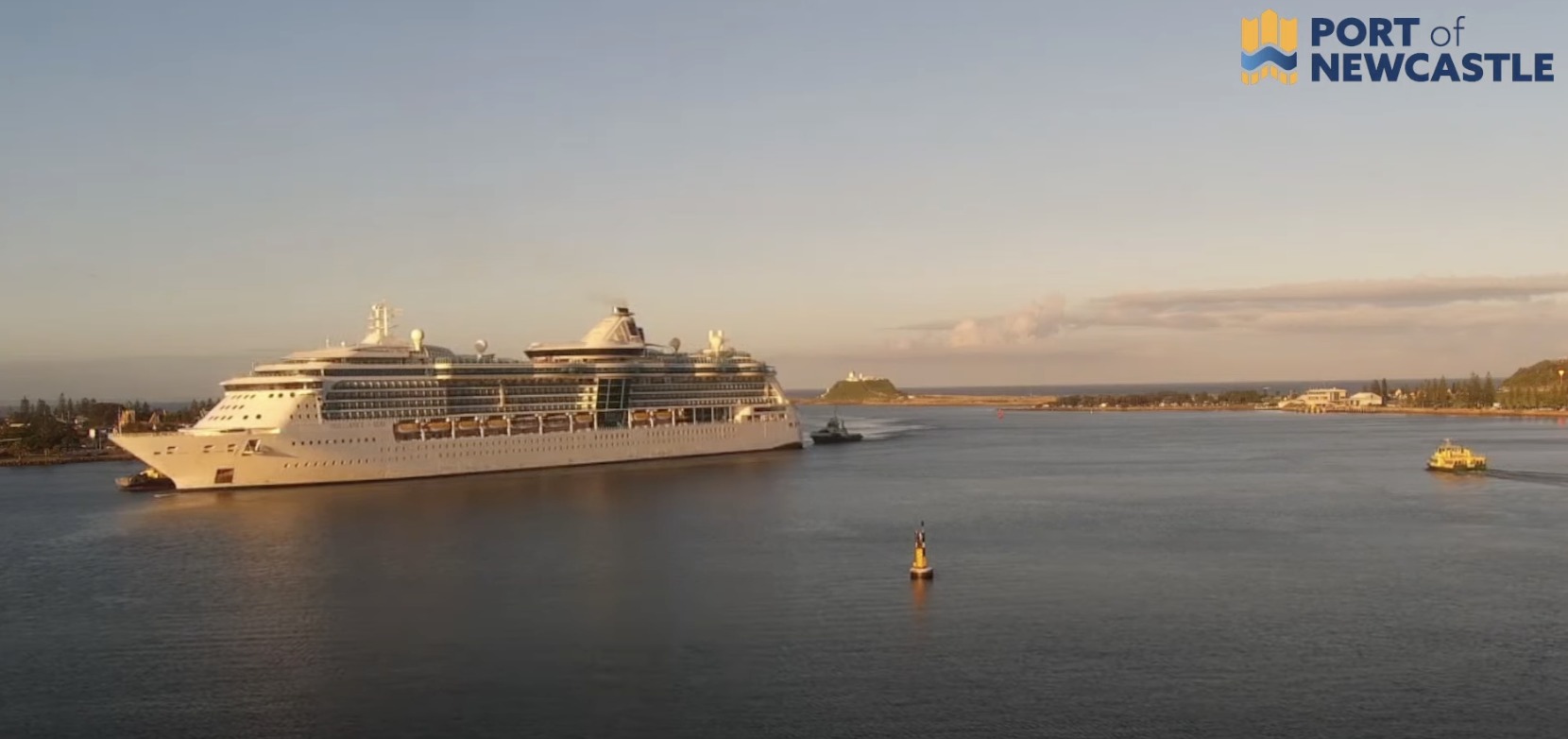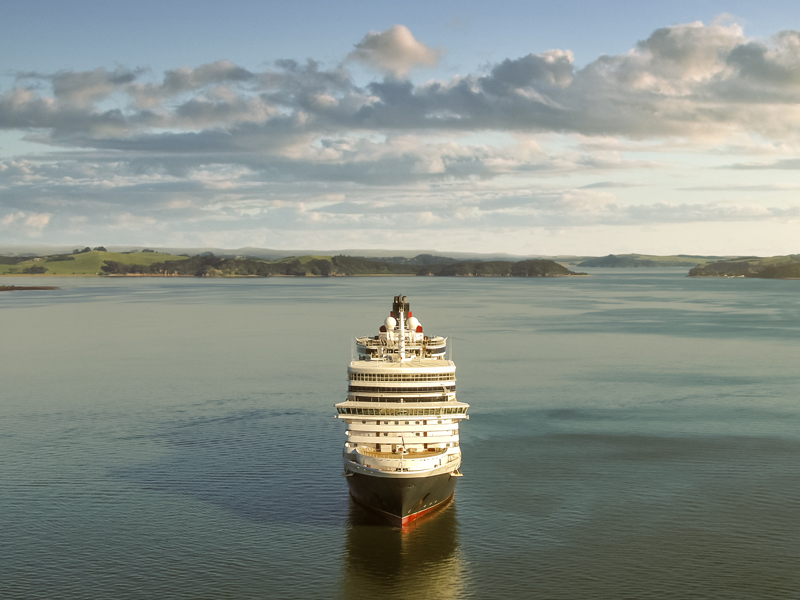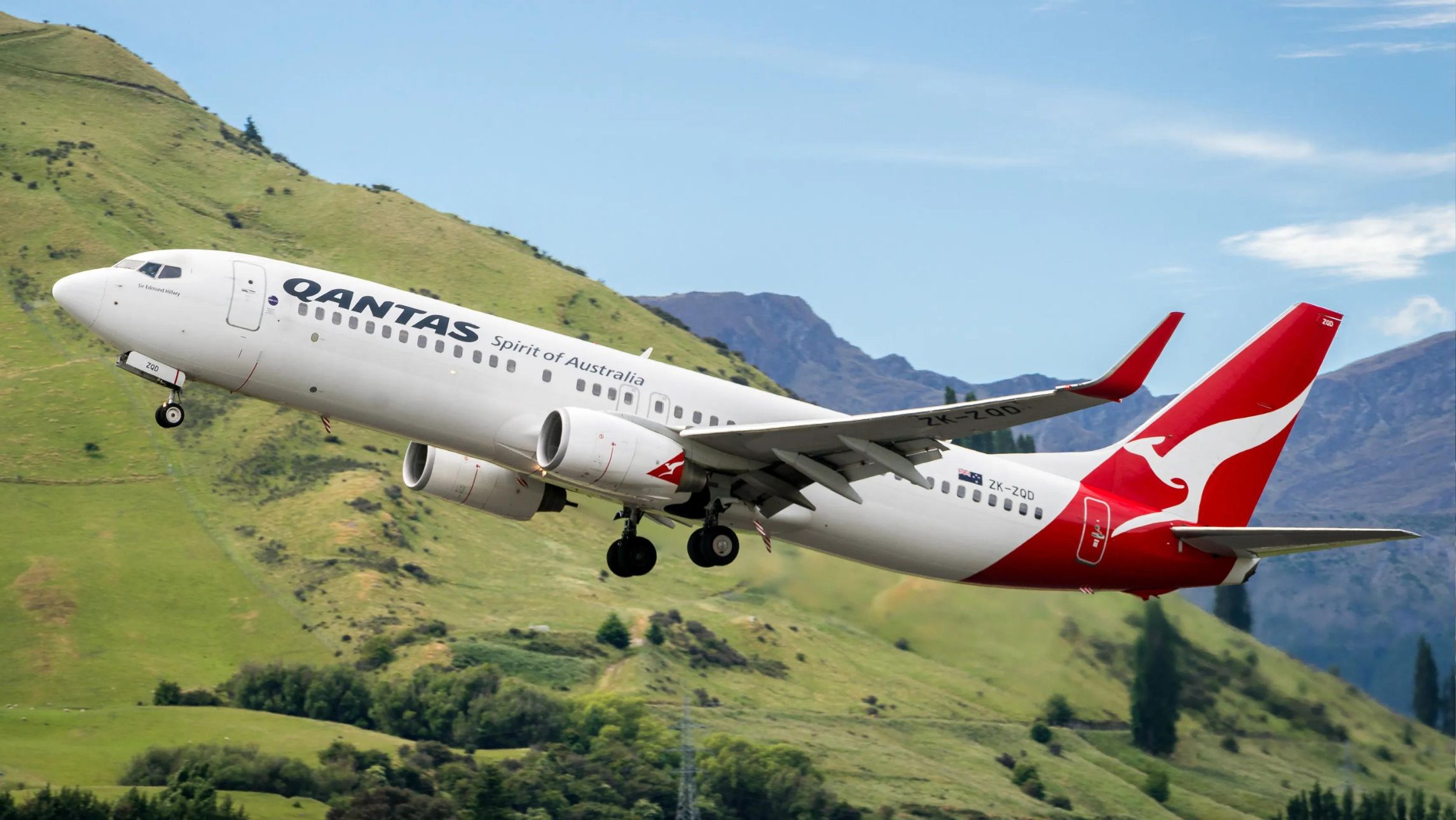You could call it The Great Compensation Debate. How much is fair for a cancellation. And what about an actual disaster?
Cruisers like Paula Ellis were dismayed to find out their 2025 P&O New Zealand cruise had been changed to a Vanuatu itinerary. Ellis already had her cruise booked for 12 months and is now left unsure how to proceed.
Many other cruisers were also left disappointed.
Fiona West wrote: “I was supposed to be on this cruise as well and got the email today. I had my heart set on New Zealand and the new cruise doesn’t really appeal to me. I’ll be looking into another cruise line.”
Carole Watson wrote: “We too got the email today and were quite disappointed and will not be taking the offer to sail to Noumea, we’ve been there and done that several times over the years. We will be looking elsewhere for another cruise and will wait for our refund from P&O.”
If passengers wish to rebook the cruise they are offered compensation of AU$100 onboard spending.
The email from P&O read: “We have been reviewing our offering of itineraries in 2025 and have made the difficult decision to change this cruise itinerary from a New Zealand to a Discover Vanuatu itinerary.
“We understand you booked this cruise well in advance, and we sincerely apologise for this change to your cruise itinerary. We would love for you to continue to cruise with us, so to acknowledge this change, we will be providing AU$100 Onboard Spending Money for each guests on your booking if you choose to stay on the new itinerary.”
Cruise cancellations a global issue
Cruise cancellations and compensation has recently proved to be a globally spread topic, with a funnel fire on Carnival Freedom leading to two cancelled cruises. Despite the cruise line offering a 100% future cruise credit and a refund for the cancellations, many guests still expressed disappointment.
Closer to home, we’ve also seen Brilliance of the Seas run into mechanical issues, cutting a cruise short and having to cancel a future cruise.
With these stark reminders that a cruise can cancel in a click of the fingers, when it does, what should you be entitled to?

The debate
The tricky part of cruise compilations is that they’re not all created equal. A cruise can be cancelled completely, in which a refund will always be offered. However, sometimes a cruise can continue but just divert from certain scheduled ports, creating a greyer area of compensation.
Furthermore, should compensation differ based on the circumstances of the cancellations, for example, is there a difference between unforeseen weather conditions and a ships mechanical fault?
For example, cruisers booked on the now-cancelled P&O cruise to New Zealand felt $100 onboard spend wasn’t fair compensation for a completely new itinerary.
Fi Scott wrote: “We’re so annoyed. We’ve had this booked for well over 6 months closer to 12 months, a booking of 8 people. We booked because we haven’t been to NZ, most of us have been to Vanuatu. I’m not sure what we will do.
“I’m certain, $100 on board credit is not enough compensation.”
Paul Foster wrote: “$100 on board credit per passenger. P&O have to be having a laugh. Is that the best they can offer after ruining your holiday that you have been so looking forward to.”
However, in other instances cruise figures have spoken out in favour of compensation offered.
The Experts
Sharon Summerhayes, owner of Deluxe Travel and Cruise felt that Royal Caribbean did a brilliant job in the wake of Brilliance of the Seas mechanical faults.
“Royal have done wonderfully in their compensation in my opinion. No other travel provider would be so generous. Here’s hoping Brilliance can be fixed quickly. She’s a wonderful ship with outstanding staff!”
Passengers on the Brilliance cruises that were cancelled received both a 100% refund and a 50% future cruise credit, however, many of those who were onboard the cruise cut short, felt more hard done by.
Melissa Bhatti wrote: “We will be requesting a full refund. When we booked this cruise it was specifically for isle of pine and Mare. The itinerary changed 5 days after booking. Dropped 2 ports and gained 1. Now we got 2 hours in Lifou and 7 sea days.
“50% refund is not acceptable. Yes we ate and had accommodation. But we have not received 50% of what we paid for. Had I wanted a cruise with basically sea days it would not have been this one with many thousands of dollars spent.”
However, many others felt 50% was completely fair, and pointed out that travel insurance would cover extra costs incurred.
Melinda Arko wrote: “I am onboard now and think that the compensation is reasonable. An engine failing is out of everyone’s control and safety must come first. If you have travel insurance, which you should have, it will all be sorted. You cannot expect Royal to give 100% refund given you have sailed seven nights, that’s an unreasonable expectation. The captain has been pretty transparent with all onboard.”
At this moment, it remains a grey area, as to how much compensation should be offered in certain situations.

How can insurance help
Gary Ross Hunter, travel insurance expert at Finder acknowledges that booking a cruise might come with more risks than the average holiday.
“Yes, cruises might be riskier. Outbreaks of illness, mechanical problems, and weather events can disrupt cruises more easily than land-based vacations.”
Hunter points out that while compensation will differ, through insurance you can assure yourself to covered for certain expenses.
“Travel insurance is crucial. It can cover non-refundable expenses like flights and hotels when the cruise cancels or changes drastically.”
“Cruise travel insurance can cover you for missed ports. In most cases, it can cover you if the cruise changes or misses a port due to adverse weather restrictions or mechanical breakdown.”
This is key in situations where a cancelled or delayed cruise affects other payments you’ve made, such as for accommodation or flights.









Biggest problem during covid was the cruise companies doing refunds and compensation via travel agents.
Agency law says the cruise company is liable to the passenger for the actions of THEIR agents. The agent is NOT your agent. If they were, they can’t claim commissions!
If there is a hold up via an agent, simply tell the cruise line they are legally liable for THEIR agent direct to you. Common law of agency. In the fine print of travel agent and cruise brochures and documents. The agreement between the cruise line and the agency does not matter. The passenger is not a party to it.
Think the key is whether the issue was in the control of the cruise company. Is P&O avoiding New Zealand because it can’t meet NZ’s clean hull requirements?
Regardless, NZ is better by car hire and trains!
Well Virgin Voyages has absolutely dropped the ball with cancelling the next Australian season and offered no compensation as a gesture of goodwill. We had paid in full at time of booking and they have had my money for over 6 months and we will not be in a hurry to book with them again, that’s for sure…It was our first time trying Virgin, doubt we will be back. Royal have always treated us so well.